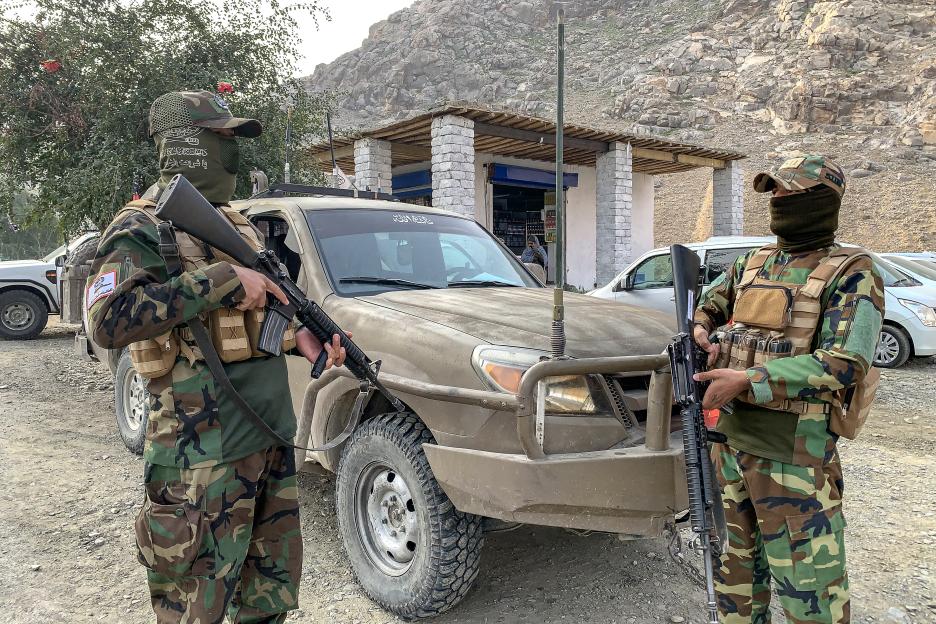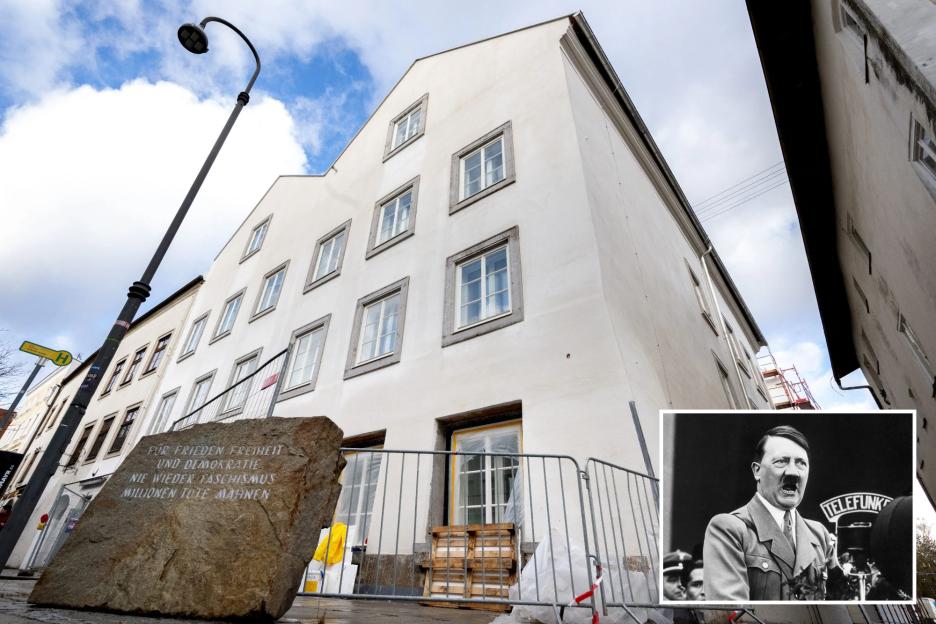A SNOWSTORM has left thousands without electricity as another wave of severe weather strikes Europe.
Intense snowfall and icy conditions have caused chaos across the mountainous regions of the Balkans, bringing down trees and power lines.
 People traverse a road during an unexpected snowfall on a mountain near Sarajevo, Bosnia.
People traverse a road during an unexpected snowfall on a mountain near Sarajevo, Bosnia.
 A car navigates a road during the sudden heavy snowfall in Bosnia.
A car navigates a road during the sudden heavy snowfall in Bosnia.
 Tourists are surprised by the freezing temperatures.
Tourists are surprised by the freezing temperatures.
 Authorities have advised drivers to switch to winter tires – a month before they become mandatory on November 1.
Authorities have advised drivers to switch to winter tires – a month before they become mandatory on November 1.
Visitors to the Bosnian capital, Sarajevo, have been left astonished by the plummeting temperatures.
One tourist, Sandra Majstorovic, shared with The Independent: “We arrived in flip-flops, and now we need jackets.”
This unusual weather event follows a week marked by floods and heavy rain across various European holiday spots.
In Greece, vehicles have been submerged, with major roads transforming into rivers.
Meanwhile, in Ibiza, the aftermath of severe flooding has revealed the extensive damage caused by a torrential downpour.
The extreme weather in the Balkans has also gone viral on social media, showcasing the stunning, Arctic-like scenery.
Several regions in Serbia have declared a state of emergency due to the intense snowfall.
Over half a meter of snow has already accumulated in the mountainous areas, with meteorologist Slobodan Sovilj from the state Hydrometeorological Service indicating that snowfall could reach record levels for October.
Drivers in Bosnia have been cautioned to exercise extra caution, with authorities urging them to switch to winter tires before they become obligatory.
In Serbia, multiple municipalities have enacted emergency measures to manage the ongoing snowstorm.
Although residents of the Balkans are accustomed to colder weather, this early onset of winter contrasts sharply with the scorching conditions they experienced just a few weeks ago.
In September, the region saw temperatures soar to 30 degrees Celsius, just ten degrees shy of the 40-degree highs typical of the summer heat waves.
This rapid climate shift has understandably caught many areas off guard.
Villages throughout Serbia and Bosnia have experienced power outages due to the wet snow, while numerous roads and mountain passes remain closed to the public.
Moreover, the national railway company reported significant train delays and cancellations due to damage to overhead power lines.
However, residents of the Balkans are not alone in their weather challenges.
Earlier this week, intense rainfall inundated the southeastern coast of Bulgaria, resulting in floods that claimed at least three lives.
Towns have been overwhelmed by filthy torrents of water as the weather wreaks havoc across the countryside.
The floods have swept away debris into the sea while also inundating homes and campsites.
On Friday, authorities reported that hundreds of people were forced to evacuate their homes.
Rescue efforts have also been hampered by the extreme weather, with both the local police and navy deploying teams to assist those in flooded areas.
Experts suggest that these extreme weather patterns may be linked to climate change.
 A vehicle travels along a snow-covered road on Mount Jahorina near Sarajevo, Bosnia, Thursday, Oct. 2, 2025. (AP Photo/Armin Durgut)
A vehicle travels along a snow-covered road on Mount Jahorina near Sarajevo, Bosnia, Thursday, Oct. 2, 2025. (AP Photo/Armin Durgut)
 Thousands of residents have been left without power due to this unusual weather event.
Thousands of residents have been left without power due to this unusual weather event.






